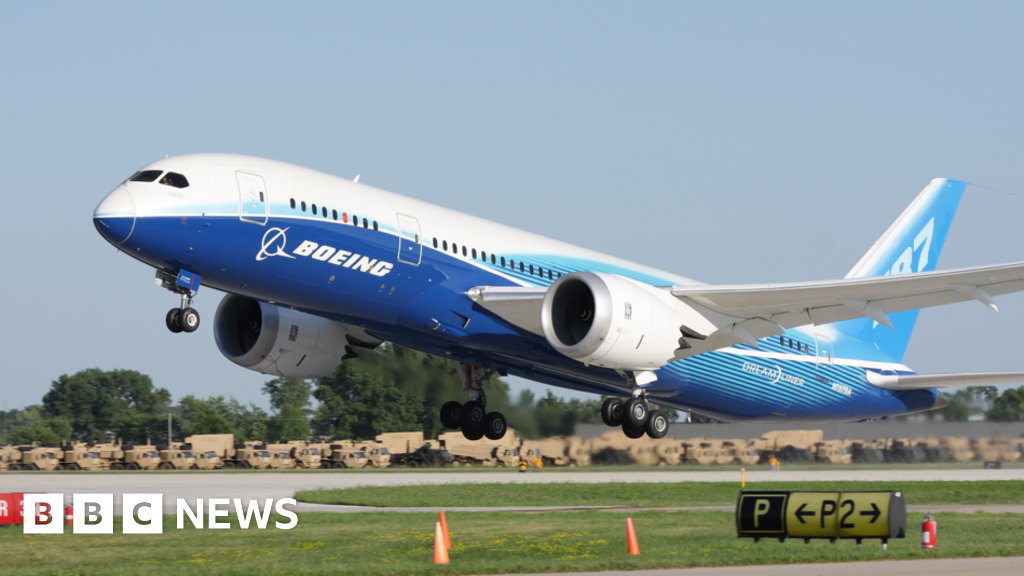Air India Crash Sparks Boeing Safety Concerns and Market Sell-off

On June 12, 2025, Air India Flight 171, a Boeing 787 Dreamliner carrying 242 people, crashed near Ahmedabad, India, shortly after takeoff, following a mayday distress call. The tragic incident, which saw the jet strike a residential building and kill at least 30 people, marks the first-ever fatal crash for the Boeing 787 Dreamliner model since its launch 14 years ago. This event immediately sent shockwaves through the aviation industry and global financial markets, prompting an immediate plunge in Boeing's stock price, with shares initially dropping 7% to 8% in premarket trading and settling to a significant intraday decline.
The crash has ignited intense scrutiny on Boeing, a company that has been grappling with a series of safety and quality control issues. This incident, while distinct from the previous fatal crashes involving the Boeing 737 Max in 2018 and 2019—which were caused by a software fault and led to a worldwide grounding—nonetheless brings Boeing's safety practices under the microscope once more. Prior to this event, the 787 Dreamliner had maintained an exemplary safety record, even as Boeing recently celebrated carrying its billionth passenger on the model.
However, Boeing's broader operational challenges have been well-documented. The company lost nearly a billion dollars a month last year due to a combination of a safety crisis, quality control lapses, and a seven-week workers' strike. Notable incidents include a door plug detaching mid-flight on an Alaska Airlines 737 Max 9 in January 2024, resulting in a $160 million compensation payment. Boeing also settled with Southwest Airlines for $428 million for financial damages caused by the long-term grounding of its 737 Max fleet.
Concerns over Boeing's manufacturing processes have been amplified by whistleblowers. Former quality control manager John Barnett, who tragically took his own life, had alleged that under-pressure workers were deliberately fitting sub-standard parts to aircraft. More recently, engineer Sam Salehpour claimed he was harassed and threatened after raising concerns about plane safety, though Boeing stated it has seen an increase in employee reports, signaling progress in its reporting culture. The FAA had also launched a 90-day audit into Boeing's quality control processes in early 2025 following reports of inconsistent safety checks and allegations of loose fasteners and improper fuselage fittings on Dreamliners.
From a legal standpoint, Boeing narrowly avoided criminal prosecution last month by reaching an agreement with the U.S. Department of Justice (DoJ), admitting to a












